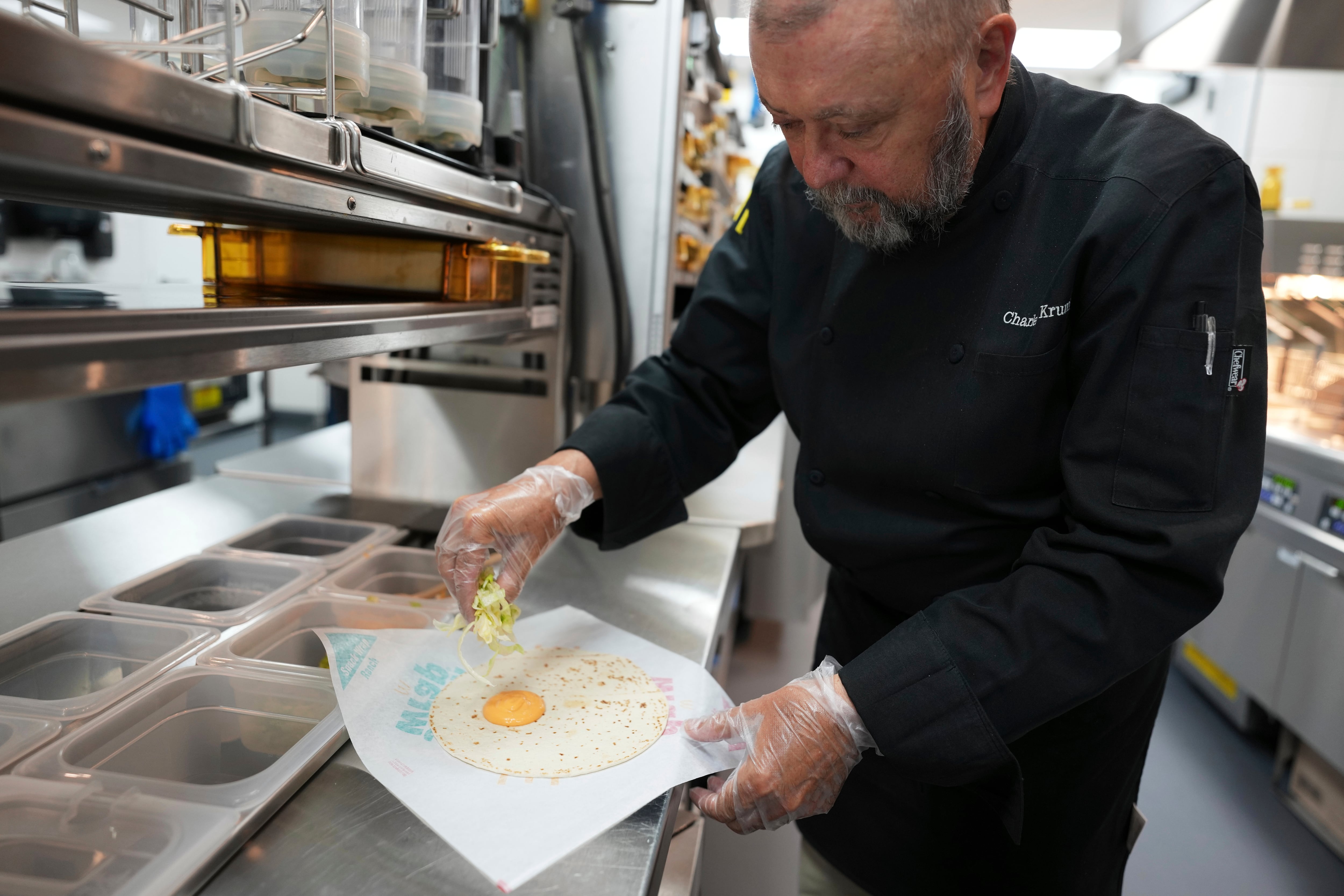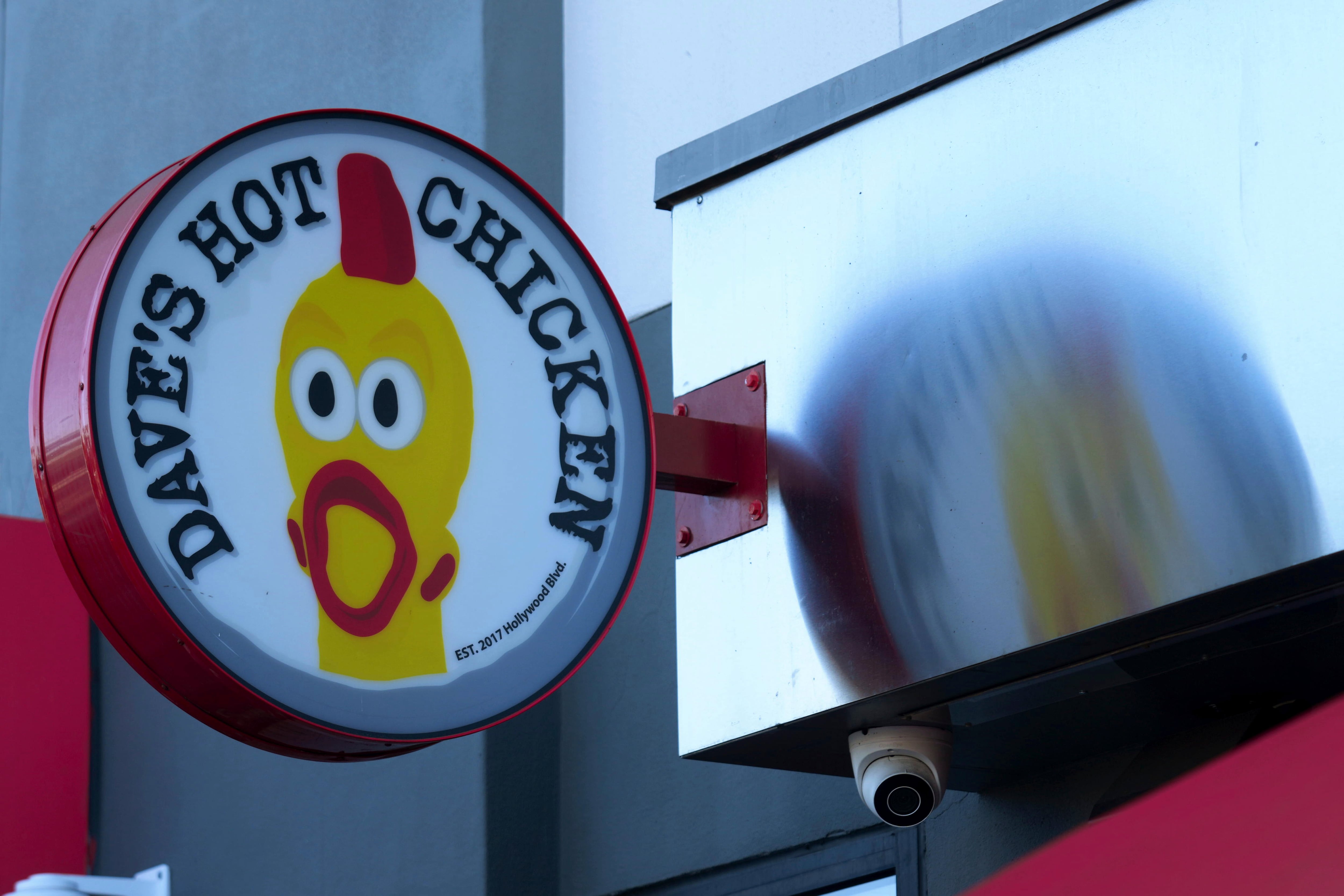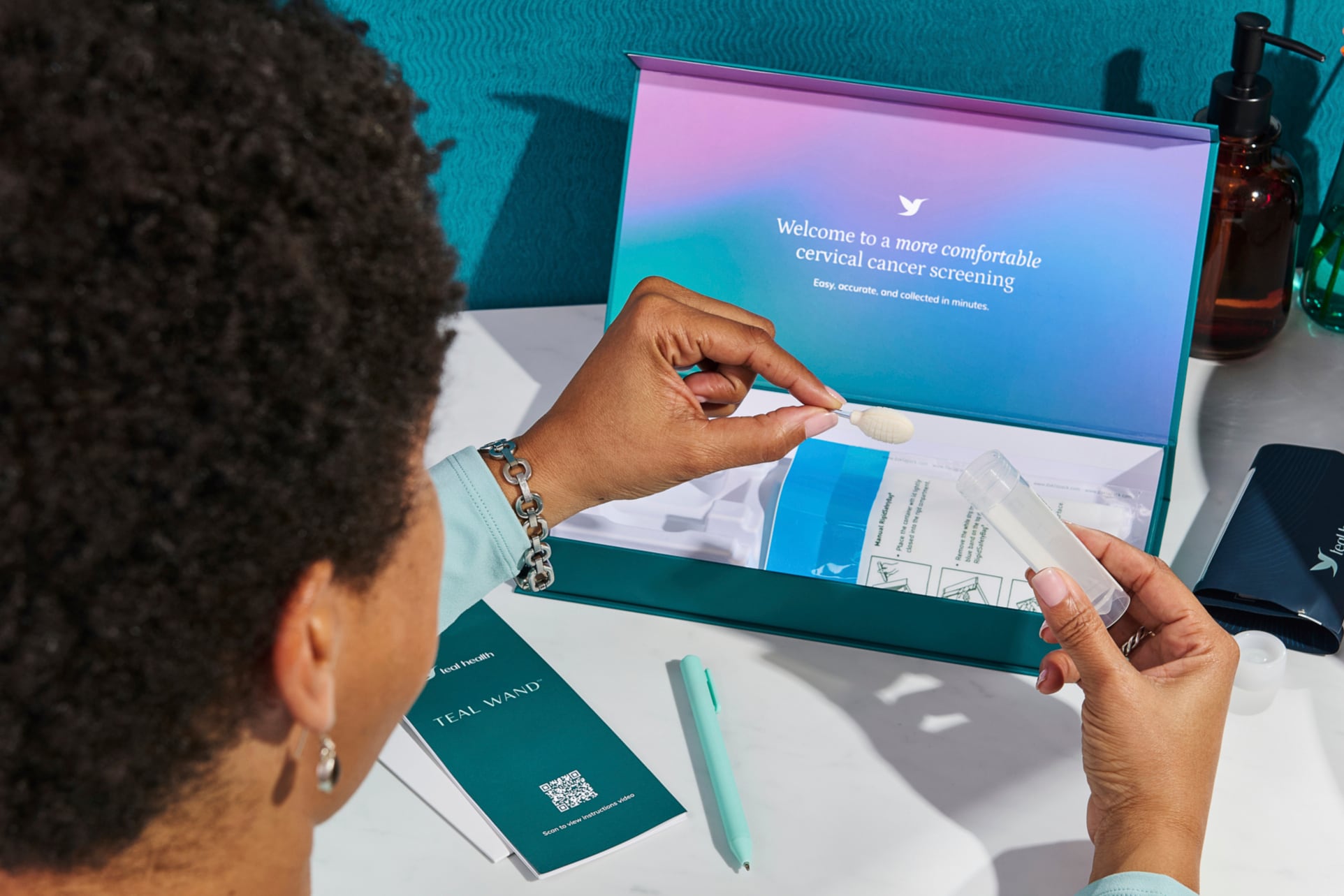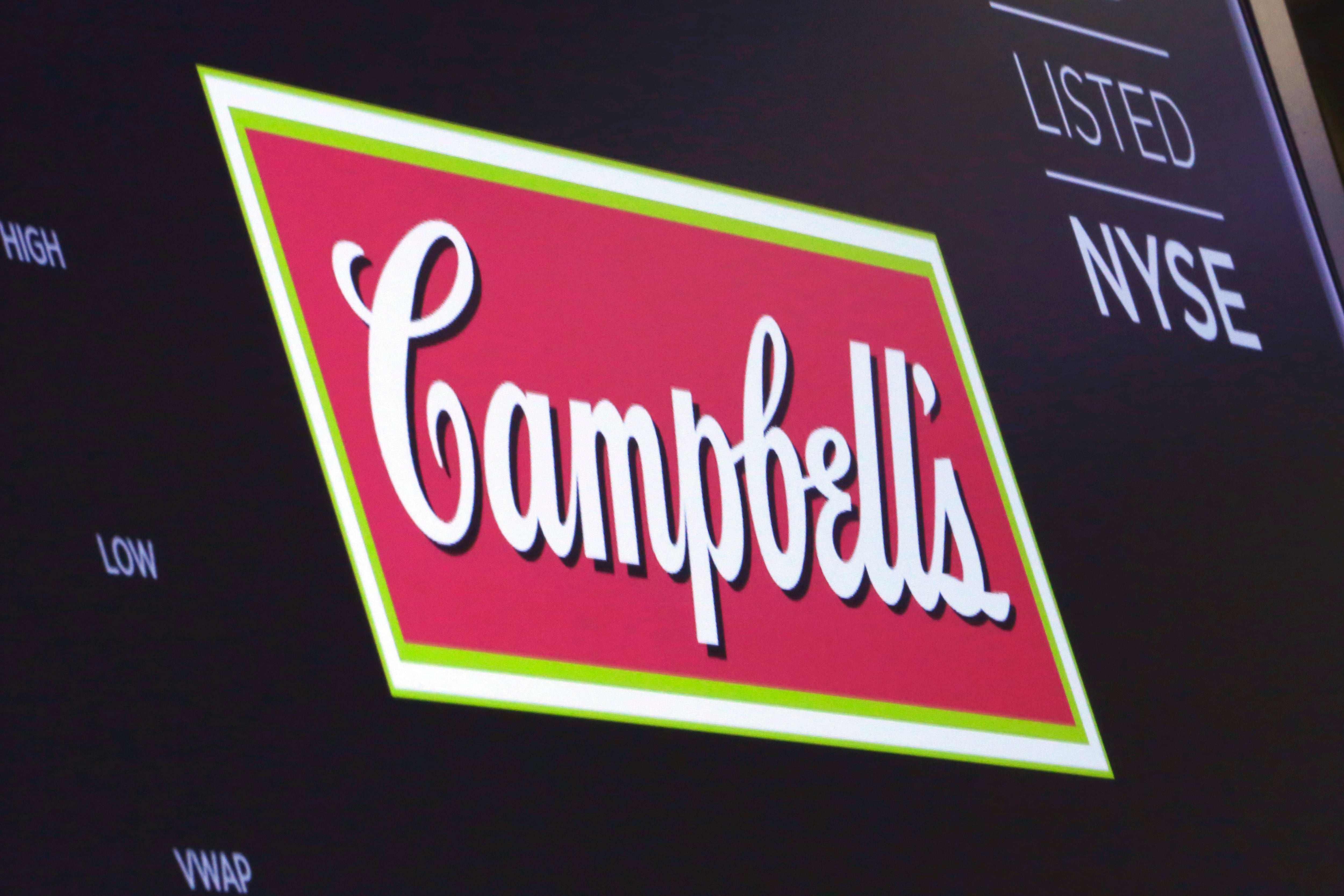*By Carlo Versano* It has become a hallmark of the modern millennial: Babies? Maybe later. Fur babies? Absolutely. Seven out of 10 members of the millennial generation own a pet at an average cost of around $1,000 per pet yearly. Given that pets are increasingly treated as family members, more animal owners want to insure them against accidents and illness. Indeed, the gross written premiums for pets in North America doubled ー from $575 million in 2013 to $1.15 billion in 2017, according to the National Association Pet Health Insurance Association. Whether that's a smart use of funds is another question. Jeff Blyskal, senior writer for the [Consumer's Checkbook](https://www.checkbook.org/), one of the original consumer review outlets, told Cheddar that pet insurance is often not worth the price. "You're treating the pets like children, so you want to protect them," he acknowledged. But with premiums costing anywhere from $30 to $60 a month for mixed breed cats and dogs, the totals add up fast. The average monthly cost to insure a dog against accident and illness is $45, according to NAPHIA, while the average monthly cost for a cat is $28. Pure breeds, Blyskal noted, will cost far more as they are generally more prone to congenital diseases. A purebred Dogue de Bordeaux (think [Hooch](https://www.imdb.com/name/nm1212798/) from "Turner & Hooch") costs about $400 a month to insure. Premiums will also skyrocket as your pet ages, Blyskal warns. That's why the [majority of U.S. veterinarians](https://www.checkbook.org/national/pet-insurance/articles/Is-Pet-Insurance-a-Smart-Purchase-7096) don't recommend it. While accident and illness plans are most common, there's a growing market for wellness insurance for routine pet care. "It's really a waste of money," Blyskal said. If you're going to insure your pet, "buy insurance to protect against the unpredictable stuff." Even then, you might be better off negotiating with your vet when the bill comes due, Blyskal said. For full interview [click here](https://cheddar.com/videos/the-costs-and-benefits-of-pet-insurance).












